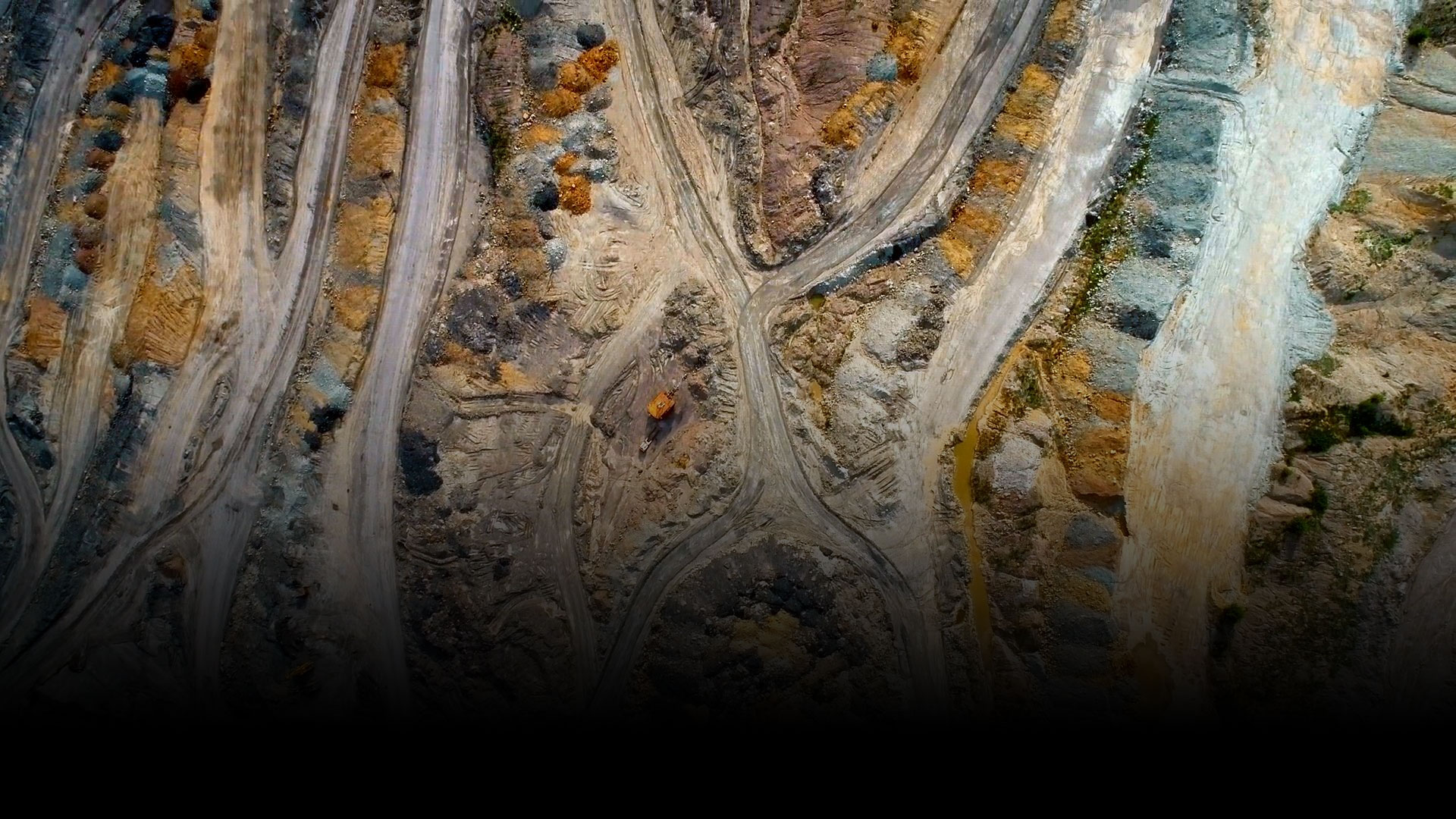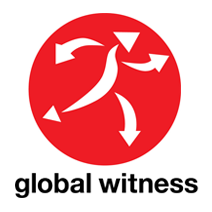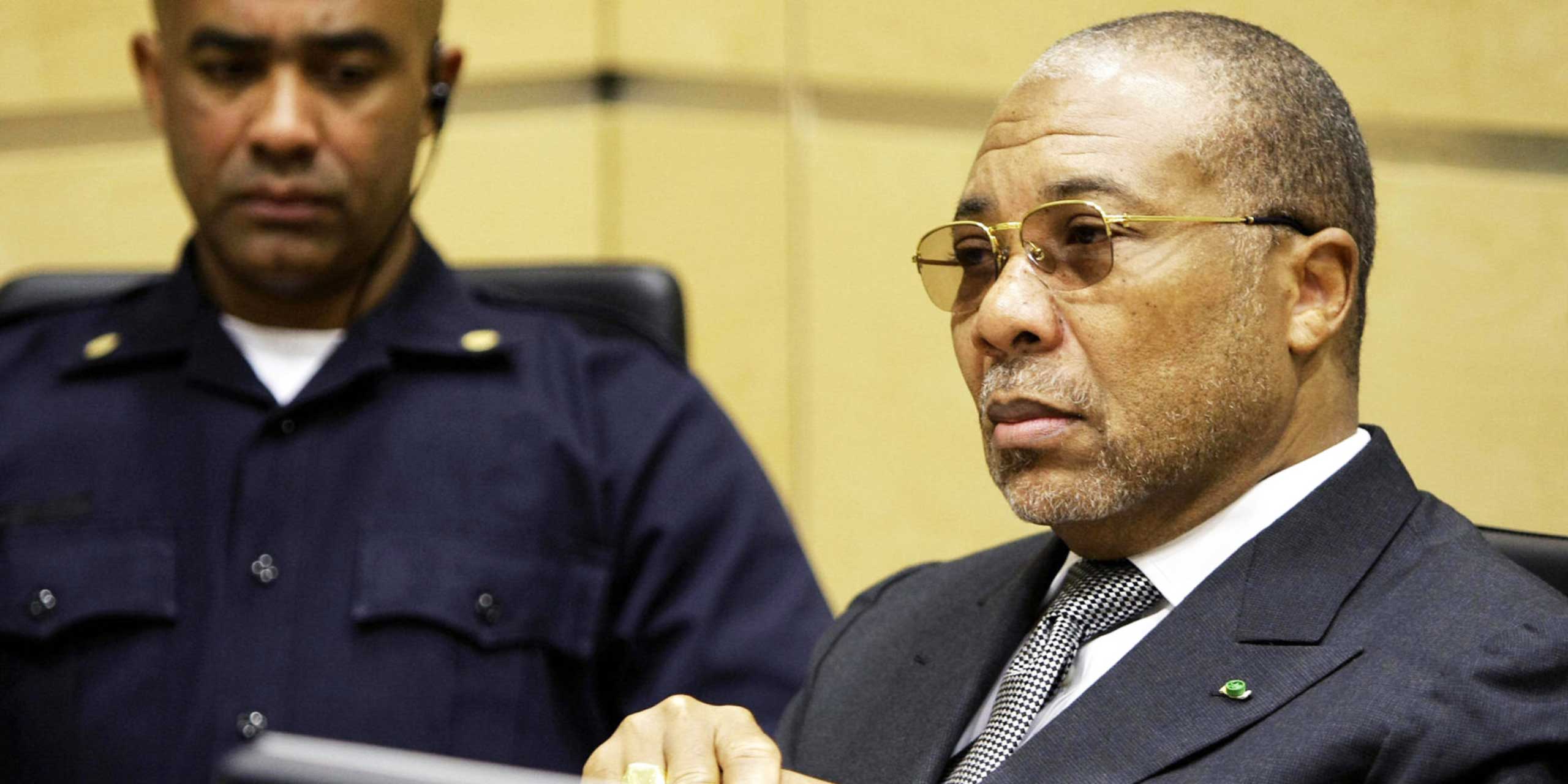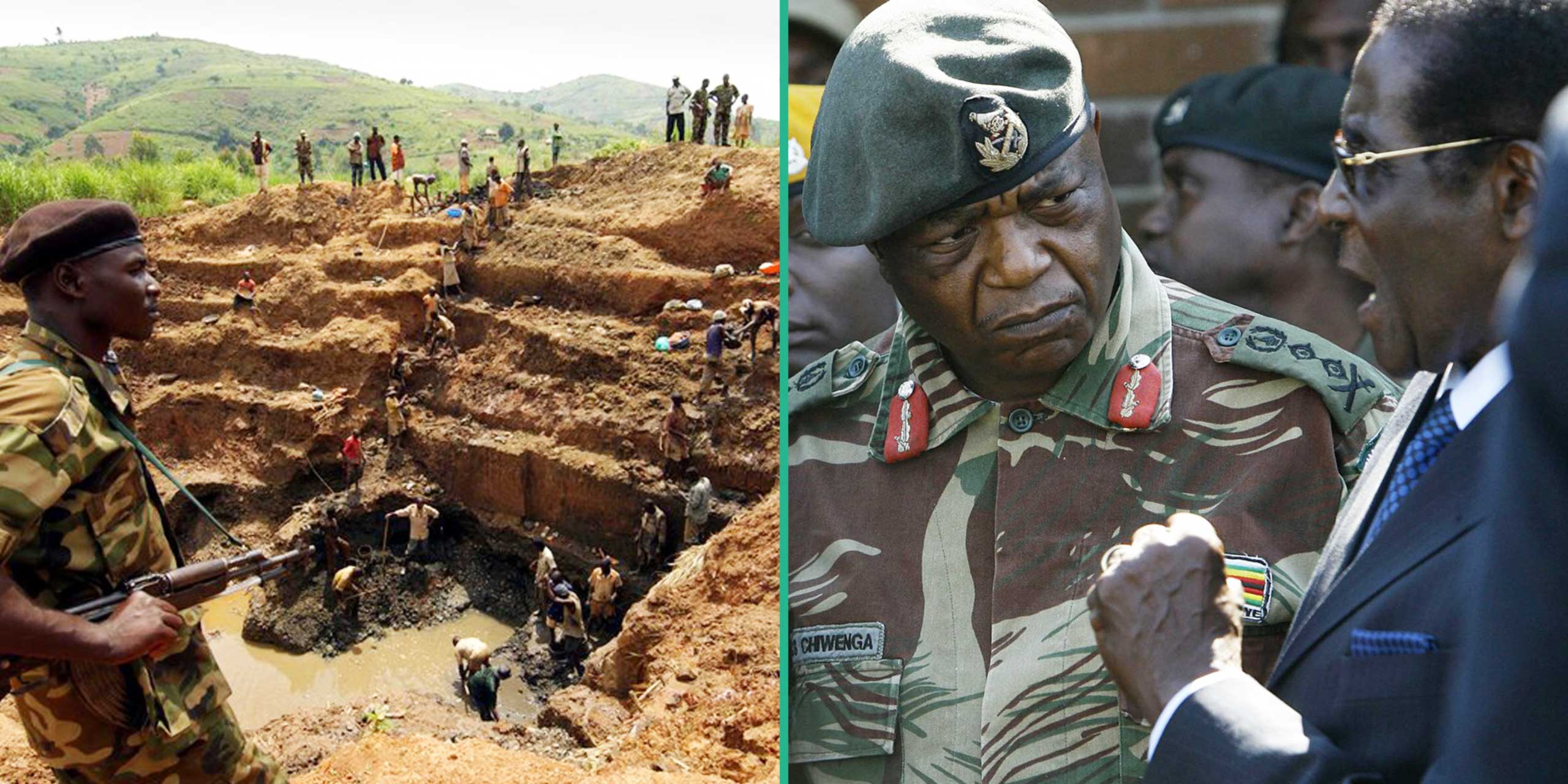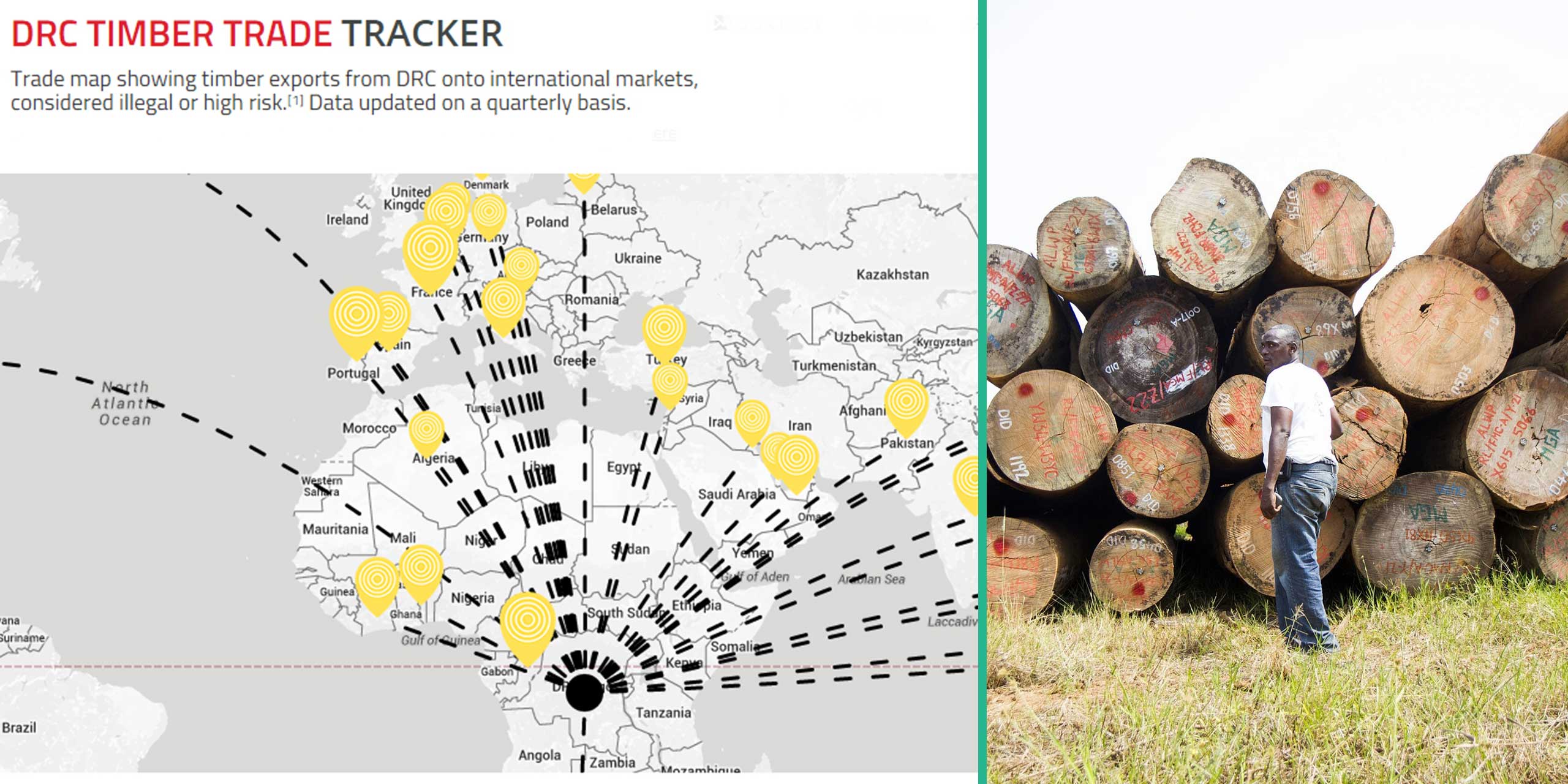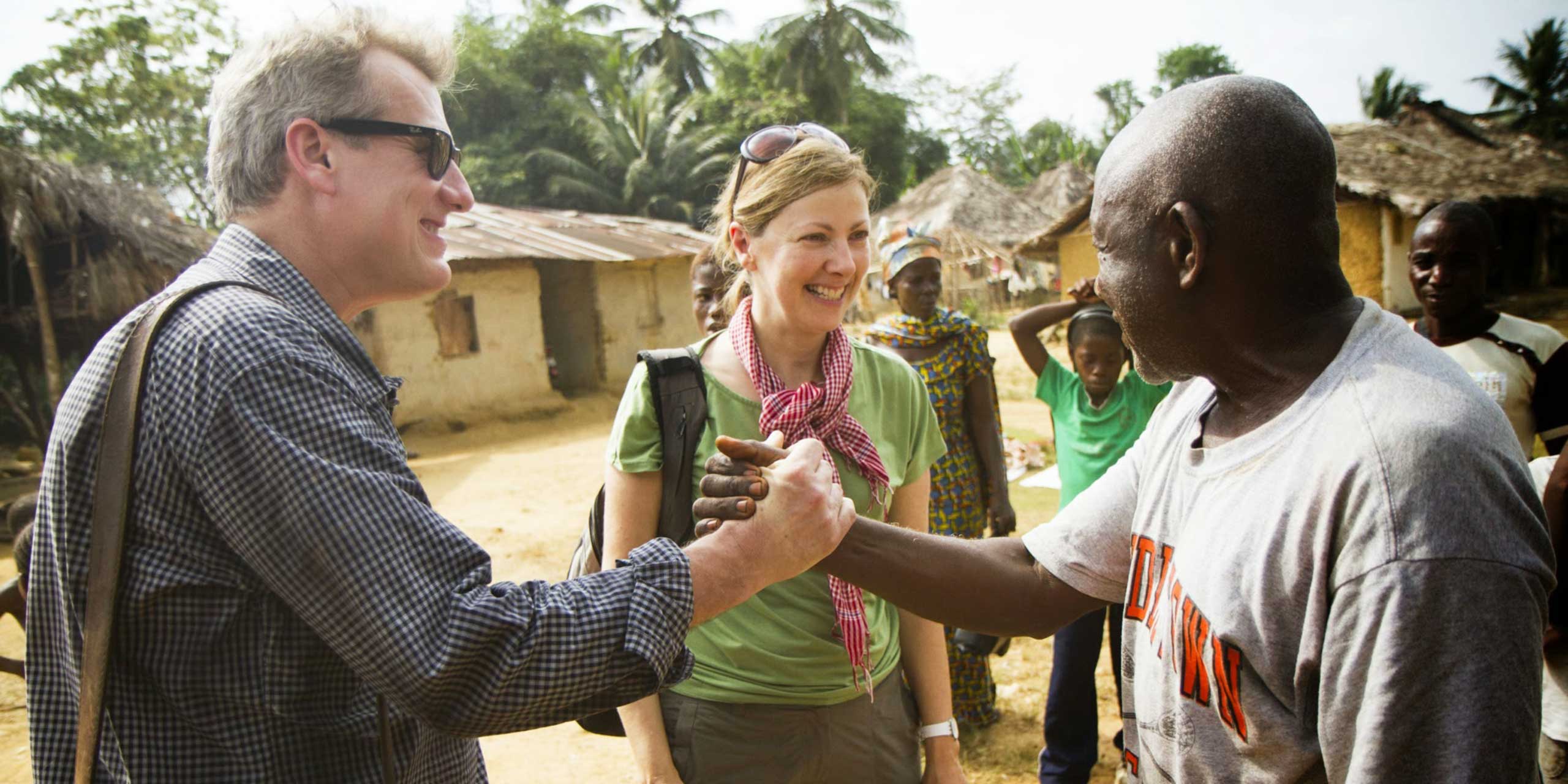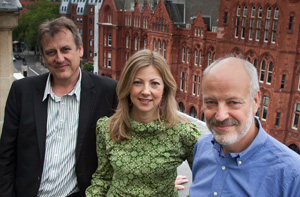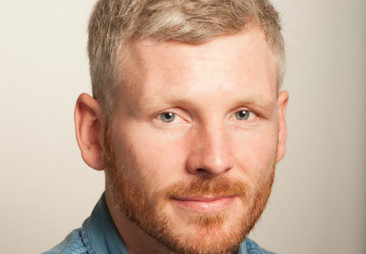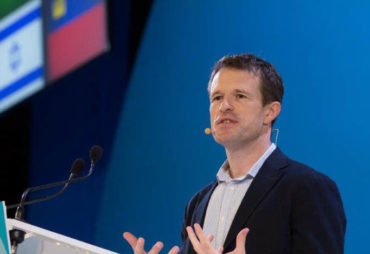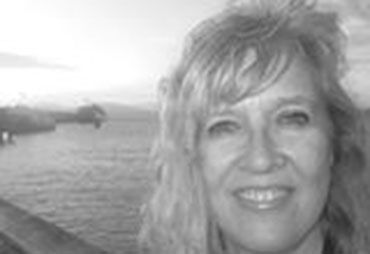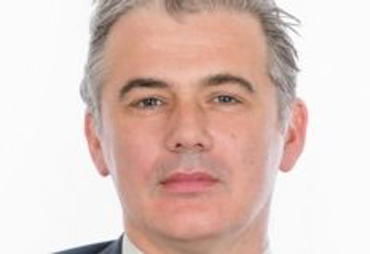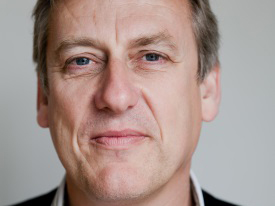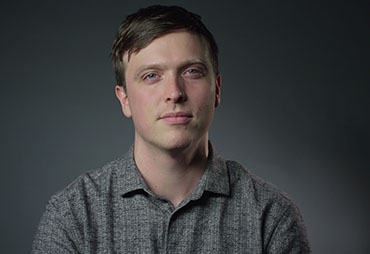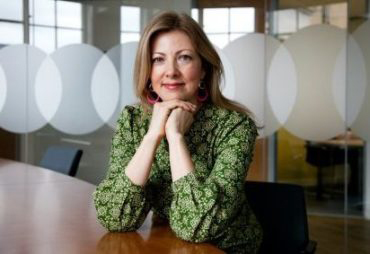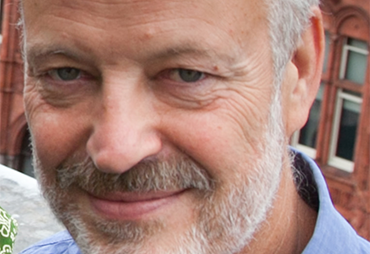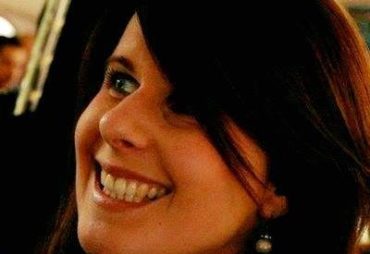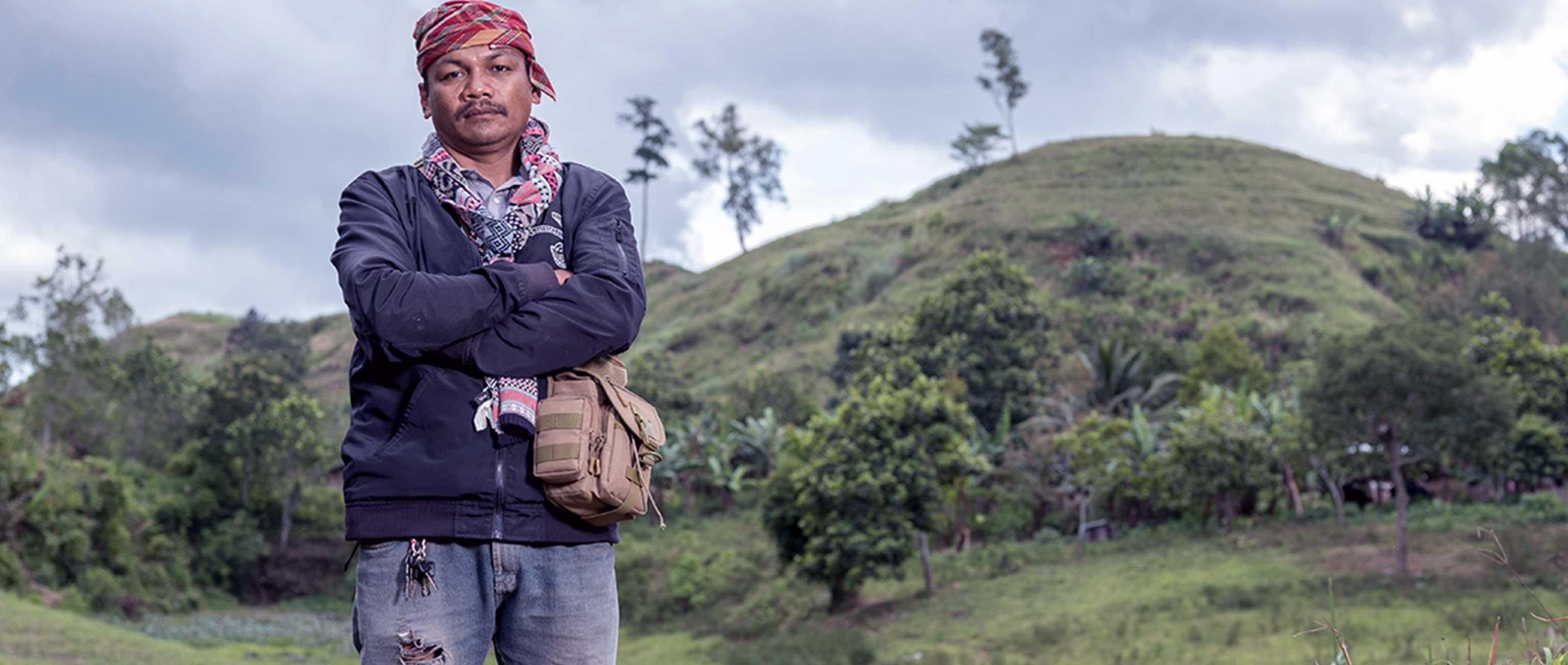Simon Taylor is co-founder and director of Global Witness. He worked on Global Witness’s first investigation into how the illegal timber trade between Cambodia and Thailand was funding the genocidal Khmer Rouge regime, following which, he launched and led Global Witness’s oil and corruption campaign in December 1999, after investigating companies and elite groups involved in this sector. This began the global call for transparency around payments by companies to governments for natural resources, leading to Global Witness’s conception and co-launch of the Publish What You Pay (PWYP) campaign, which now consists of civil society organizations in over 40 countries worldwide. Simon has detailed expertise of natural resource-related corruption and extensive advocacy experience, and continues to be at the forefront of the push for a global standard of revenue transparency legislation, as well as being actively involved in Global Witness’s work to expose corruption in the sector. In addition, he is involved in the strategic leadership of the organization.
Charmian Gooch is co-founder and director of Global Witness. She jointly led Global Witness's first campaign, exposing the trade in timber between the Khmer Rouge and Thai logging companies and their political and military backers. Subsequently, Charmian developed and launched Global Witness’s campaign to combat ‘blood diamonds;’ Global Witness was nominated for the 2003 Nobel Peace Prize as a result of this work. In 2014 Charmian was awarded the TED Prize.
Patrick Alley is co-founder and board member of Global Witness. Since posing as a timber buyer in Global Witness’s first investigation into the Thai-Khmer Rouge timber trade in 1995, Patrick has taken part in over fifty field investigations in South East Asia, Africa, and Europe and in subsequent advocacy activities. Patrick has focused on Global Witness’s campaigns on conflict resources, notably former Liberian President Charles Taylor’s ‘arms for timber’ trade, the minerals trade in Eastern DRC and more recently the Central African Republic, as well as providing strategic direction for Global Witness’ work on forest issues, especially challenging industrial scale logging and land grabbing in the tropics.
The three founders met while working at the environmental non-profit, the Environmental Investigation Agency (EIA). All individually interested in Cambodia – then coming out of 30 years of civil war – they spent many hours in London's pubs discussing the political and military developments in-country. They learned from the press that the infamous Khmer Rouge guerrilla organization – then boycotting Cambodia’s UN brokered elections - was trading rainforest timber with Thailand. Given that the rainforests were being cut to fund a war, Patrick, Simon and Charmian asked themselves: “is that an environmental issue, or a human rights issue?” Shortly followed by: “Why doesn’t someone do something about that?” Then after a short pause – “Why don’t we?” And thus Global Witness became the first organization working on the nexus of natural resources and human rights issues.
